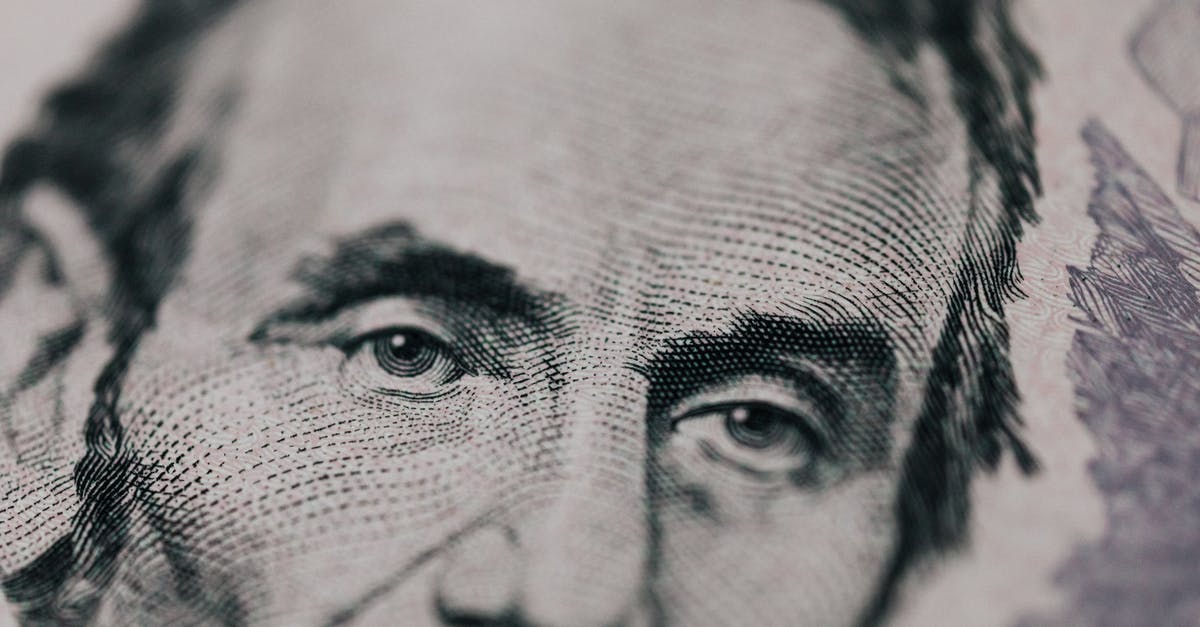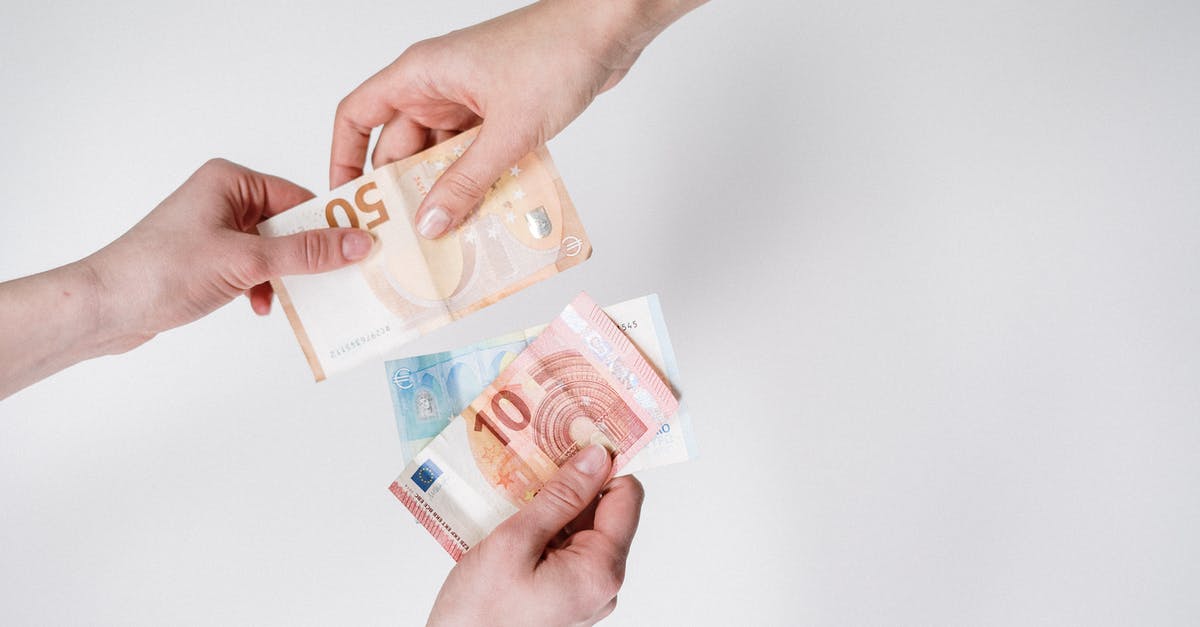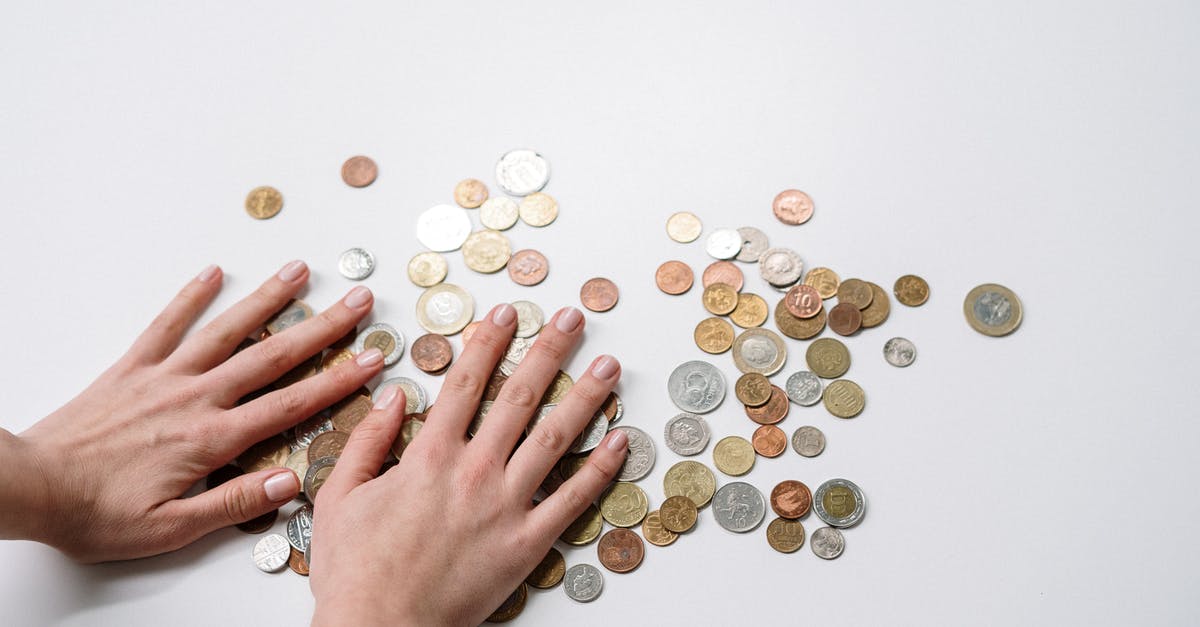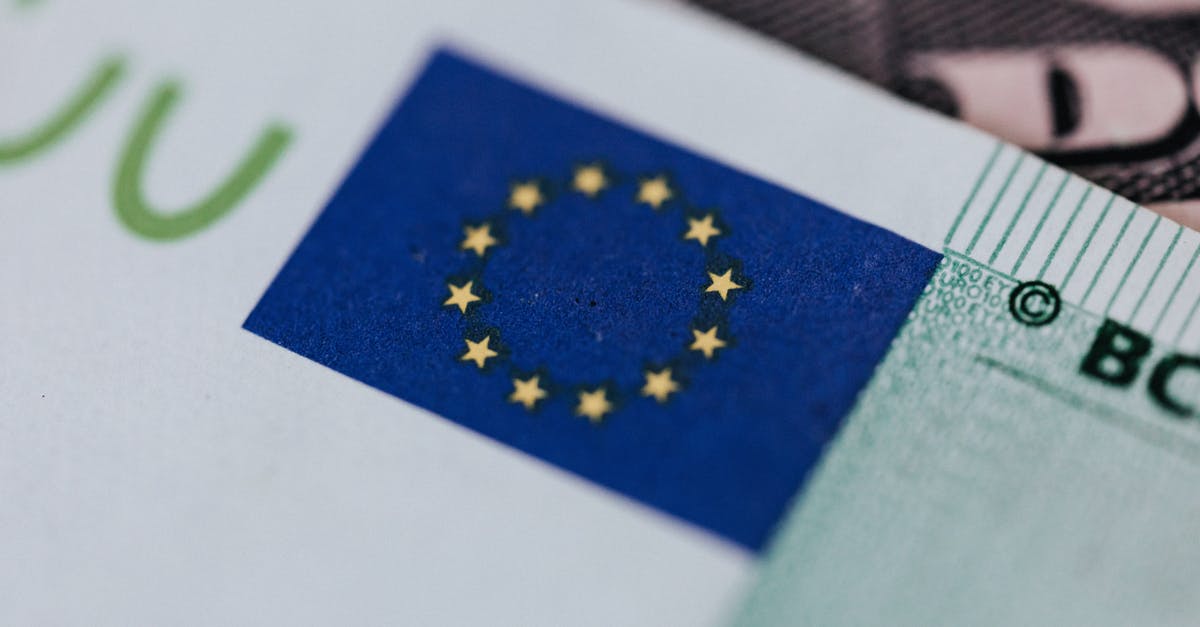Lowest cost method of exchanging AUD into physical other currencies?

I have a trip planned that will take me from the origin of Australia to several countries throughout Europe, who mostly use Euro, but also some other currencies.
For a person that either has physical Australian currency (AUD) or Australian currency in an Australian bank account, what is the lowest cost method of converting said AUD into other physical currencies?
Just to be clear, I'm looking for actual "money in hand" physical currency to take with me as a backup - I have other arrangements for low cost card-based foreign exchange rates at the destination.
I'm guessing most banks have a lousy bid-offer spread on currency, and the FOREX stands in shopping malls even worse.
So, perhaps what my question boils down to is, who offers the best bid-offer spread on currency conversions in Australia from AUD to other currencies?
Best Answer
The best product for these types of transactions are those cards which do not have international transaction fees - it usually won't matter which bank or scheme it is covered by.
However, you should note that because you're not travelling to the USA, that some MasterCard cards first convert foreign transactions to USD then to the transaction currency. This is likely to work against you for large transaction amounts. While I was working at CBA, this was the case (less than 12 months ago).
And Debit cards (EFTPOS/Keycard) are still usually liable for these international transaction fees, unless the bank explicitly says otherwise.
Apart from the international transaction fee or currency conversion fee, the exchange rate, which is negotiated/set by MasterCard/Visa/Amex will be the same.
Currently, there are three cards that you can use that don't have international transaction fees:
- Scheme Debit cards:
- Citibank Plus account, Debit Visa card
- Revolut, Debit MasterCard and Visa cards
- Credit card: Bankwest Platinum Zero account, MasterCard card
(Cash advances such as ATM withdrawals, gambling, and other "cash equivalent" transactions are charged a fee as normal and attract cash advance interest)
These are subject to change - recall the NAB Gold Debit card - but they haven't for a few years.
With a fee-free card in hand, you can go to any ATM and just pull the cash out.
But :
- You should beware of ATMs that offer dynamic currency conversion, which will convert your AUD to the local currency at a huge mark-up. Don't do it, always withdraw in the foreign currency. Same applies in-store.
- Also, these ATMs can charge their own fees, so if you have the time, look around. They might not warn you of the fee in advance, though.
- And, of course, it's possible that you'll run into trouble using your card overseas, which may not be accepted for any number of reasons. But c'est la vie.
You probably don't need to worry about converting cash before you leave Australia, since, if nothing else, the first airport you arrive at in Europe will almost certainly have ATMs. If you are that concerned, you only have a couple of options:
- Bite the bullet on foreign exchange rates with banks and/or other companies (say, OzForex).
You'll get a better rate with larger amounts, as always. - See if you can find a foreign currency ATM. This might have fees attached to it, though.
- (From @OppositeFlat's answer) Ask around to see if anyone you know hss just returned from Europe and will let you buy their Euros off them.
Pictures about "Lowest cost method of exchanging AUD into physical other currencies?"



What is the cheapest way to exchange currency?
Though there may be a small fee, your bank or credit union will almost always be the best place to exchange currency (and the cheapest). You may be able to order currency at a branch location or by phone or online to have it delivered to you, or to pick up at a branch.How can I convert currencies without fees?
Ways to skip big feesHow do you exchange foreign currency physically?
The best, most cost-effective places to exchange and convert currency in the U.S. are:What is the best way to exchange currency in Australia?
Usually banks offer foreign exchange services in specific branches located in your city-centre or they offer an online service to order cash and collect from a nominated branch at a time you can choose. If the currency you need isn't available, banks can order it in.Currency Exchange Rates - How To Convert Currency
More answers regarding lowest cost method of exchanging AUD into physical other currencies?
Answer 2
Australian banks are notorious for giving horrendeous exchange rates - often 4% or more in their favour. Those "travel cards" aren't any better except maybe not have as many additional ATM fees.
Your best bet - find someone who've just returned from Europe and buy their leftover Euros off them.
Answer 3
The answer is the same for when exchanging any 'home' currency (where you have a bank account) into the currency of the country you're visiting:
Withdraw it from the ATM, with a debit card.
As long as you withdraw reasonably large amounts (as a rough guideline, >$200), and you're using a bank that doesn't completely screw you over on their own fees, this is virtually guaranteed to give you the best all-in rates.
See What is the best method for exchanging dollars for Euros? for a fuller discussion.
Answer 4
Withdrawing from a local ATM on arrival is the best method.
If you really need cash before travelling you can compare rates between Travelex and the big banks.
The vast majority of the time the best rate on this site will be through Travelex Online, paying by BPAY and picking up in store. The rate will be significantly better than the rate at the airport as the airport Travelex stores have a 'captive audience'. You can still pick up at an airport if that is convenient.
The FOREX stands in shopping malls may actually have a better rate depending on their supply of the currency you want.
Answer 5
If all goes well, your emergency stash of currency stash of currency is a one off thing. It might even come home with you for use on some other trip, so the exchange rate shouldn't be all that big a deal. Stash some cash in one of your bags (separate from where you otherwise keep cash). Choose a major currency. In your case that's presumably Euro.
I'm guessing you're probably talking about a few hundred dollars, so a few percent on that is probably not worth too much chasing complicated options on. Probably just change it at a bank. If you ask, they'll most likely swear black and blue that they don't have any "fees", which is at least half a lie, as their take is built into the exchange rate they offer. In practice it'll cost you around 3%. Probably about the same rate you'll get if you withdraw from a credit card account at an ATM, though as others have pointed out, be wary of exchanging your currency twice.
If you are stopping off on the way though, then a lot of Asian cities have much better rates than anything in Australia, available from little dealers in the city. Eg last time I was in Kuala Lumpur (caveat: about 10 years ago) the buy and sell rates were about 0.5% apart (and that's the way to work out an agent's profit margin).
If you really think it's worth messing about with the exchange rates, then XE.com looks like it might be a good service. I haven't used them, but they do seem to be targeting a market which certainly should be there in getting round the high exchange charges of most western banks.
Answer 6
I do this also with USD when I travel.
When you get to Europe don't convert the money immediately. Keep it in your bag/hotel safe unless you need it. Chances are you won't need it, so by not converting it immediately you save yourself possibly considerable cost converting to Euros and then converting the leftover back to AUD.
If you do find yourself needing to change the money, a major bank is your best bet. They often have an exchange rate with a small fee built-in, though it is considerably smaller than the airport kiosks and such that you mention.
Some vendors at major airports also accept major forms of currency. From my experience, many of these will allow you to pay for an item in your currency, and then give you change in the local currency. This can often we used as an effective way to exchange some money, though my guess is you wouldn't want to use it for large amounts since you would need to purchase something expensive.
It is also important when traveling to look at local laws governing exchange rates. For example, in Russia the exchange rate is almost perfect (you loose maybe $0.05/$1) because agencies are not allowed to charge fees.
Sources: Stack Exchange - This article follows the attribution requirements of Stack Exchange and is licensed under CC BY-SA 3.0.
Images: Karolina Grabowska, cottonbro, cottonbro, Karolina Grabowska
